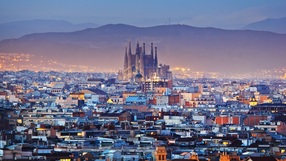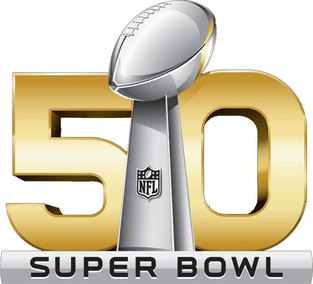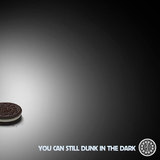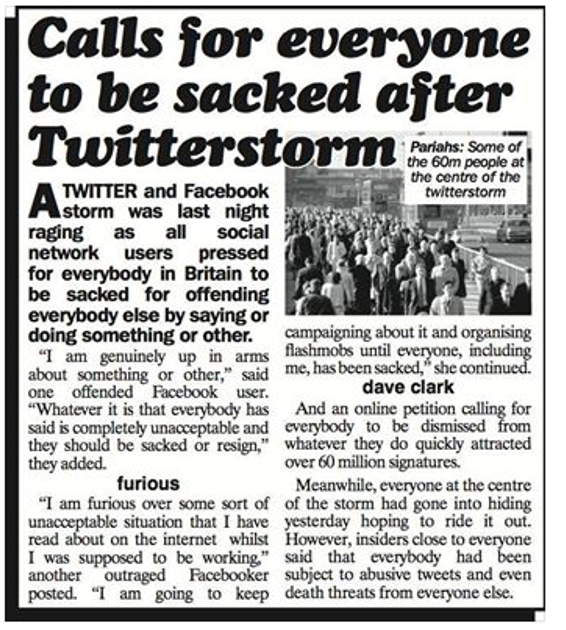 The big tech news for the coming week concerns the mobile industry, which is currently gearing up for its big annual beano, the Mobile World Congress in Barcelona from 22-25 February, so expect announcements and product launches from all the big players (excepting Apple who never exhibit), with the Samsung Galaxy S7 and LG G5 phones the objects of most interest. Some pretty big news in the world of search too, as Google have just confirmed that they will stop showing paid ads on the right hand side of desktop searches, albeit Google Shopping PLAs will still be visible on the right. Also, for “highly commercial” searches (e.g. “car insurance”), Google may show an additional fourth PPC search ad above the natural results, so it will be interesting to see if additional ads at the top will also spread onto mobile devices once this has bedded down. Closer to home, some recently announced figures show UK online sales growth picking up in January, with ONS estimating that online sales were up 10% year on year, a weekly average of £864m. Interestingly, January’s sales were 3% larger than December 2015, traditionally the largest month for online retail trade; this is likely to be driven by ecommerce sales pulled forward into late November fuelled by Black Friday discounting, further suggesting that this newly imported retail event is here to stay. Finally, in the week that Facebook announced they would be opening up their Instant Articles to all publishers, they certainly made a mis-step with one publication, namely the irreverent uniquely British institution that is Viz. Viz took to Twitter on Wednesday morning to announce that their Facebook page had been taken down due to not meeting community standards, before then proposing a new profile for the page. After much bemusement online, Facebook fortunately saw sense and reinstated Viz’s page the next day. This made a spoof article from a recent copy of Viz appear fairly prescient, as shown below…
0 Comments
 The big news of the coming week in the marketing world is probably the world’s largest advertising showcase, also known as the global sporting jamboree that is the Super Bowl. With the Super Bowl turning 50 this year, there is understandably huge excitement about the match itself in San Francisco on Sunday, with the dynamic Cam Newton’s Carolina Panthers favourites to beat veteran Peyton Manning’s Denver Broncos. However, whereas once the USA - and arguably the world - also eagerly awaited huge budget TV adverts airing during the game as added value entertainment, the digital world has fundamentally changed this, with many ads previewing online well before the gridiron itself, including some stern words from Helen Mirren. Accompanying social media campaigns around the core advert are a must to drive further impact, as shown by Pepsi having committed 40% of its Super Bowl media spend to digital. With 30 second TV ads typically costing $5m per slot (which could apparently buy you over 52,000 years of Netflix), the need to maximise this investment and gain maximum buzz is fairly evident.  "Power out? No problem": Oreo's 2013 tweet "Power out? No problem": Oreo's 2013 tweet Of course, a huge impact TV ad is not even always needed to “win the Super Bowl” as Oreo did 3 years ago, thanks to its timely tweet responding to Super Bowl XLVII’s “blackout” when the stadium floodlights failed for half an hour causing the game to halt. Finally on the Super Bowl, a good example of the evolution of how we watch big sporting events is provided by this quick concept video from Microsoft, imagining how augmented reality could in future bring viewers even closer to the action. Closer to home, a couple of ecommerce stories leapt out this week. Firstly, Sainsbury’s much speculated purchase of Argos owner Home Retail Group finally become reality with a £1.3bn takeover, attracted by Argos’ multi-channel and logistics capabilities. Secondly, there was quite a lot of chat online about House of Fraser’s somewhat odd “#Emojinal” Valentine’s Day campaign; as Econsultancy asked: “massive fail or marketing genius”? Personally, it seems to me that superimposing emojis over topical figures like John Terry or Harry Styles doesn’t sit well with HoF’s strong established quality brand, but then this campaign probably wasn’t meant to resonate with me! That said, the dialling down on the supposed 2 weeks of activity for this campaign since - in HoF’s words – “that escalated quickly” on Monday suggest strong second thoughts from the brand themselves. Moving onto the tech world’s big beasts, the major news this week was that Google (or rather its new identity/parent company Alphabet) took over the mantle of world’s largest company earlier in the week on the back of some impressive Q4 earnings. This saw Alphabet’s market value sitting at $560bn, compared to previous number one Apple’s $540bn. An insightful Guardian article pointed out that since Google restructured to become Alphabet six months ago its market cap has risen by over $200 bn, while Apple’s has declined by a similar amount; which is attributed to Google’s more diverse and forward thinking products and services offering combined with iPhone growth starting to stall. Slightly less heralded was some Facebook news this week, as it overtook Exxon to become the fourth most valuable company, meaning that the four biggest businesses are now all tech stocks, with Microsoft completing the party in third. Facebook owned Whatsapp also announced this week that it has passed the milestone of a billion monthly users for the first time, as Facebook’s overall mobile dominance continues to grow when you consider the combined might of Facebook, Whatsapp and Instagram, not to mention the 800m now using Facebook Messenger each month.  Finally, big congratulations to BBC Radio 6 Music, which has become the most listened to digital radio station, with 2.2m listeners now tuning in each week on average. Once threatened with closure before a strong online led campaign helped it survive, 6 Music is a great example of how a sure understanding of your audience and a refusal to dumb down can help brands thrive; even in the music sector, a lesson that many struggling or defunct publications probably should have learnt from – in particular the decline of the once influential, entertaining and informative NME, now reduced to a freebie husk of what it once was. |
Jim ClearLead blogger and founder of Clear Digital: talking about ecommerce, digital, marketing and media. Categories
All
Archives
December 2020
|


